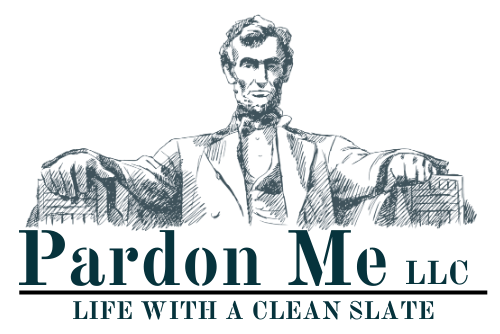Who Can See Expunged Records?
When someone gets a second chance through expungement, it's often seen as a fresh start — a clean slate. But what does that really mean in practice? Does expungement truly erase a criminal record, and more importantly, who can still see expunged records? If you’re considering expungement or simply curious about how it works, understanding the visibility of expunged records is crucial. Let’s dive into what expungement actually does, and who — if anyone — can access those sealed records.
What Is Expungement?
Expungement is a legal process that allows certain criminal records to be sealed or erased in the eyes of the law. Once a record is expunged, it typically won’t show up on background checks conducted by employers, landlords, or the general public. However, expungement doesn’t mean the record vanishes entirely. Instead, it becomes inaccessible to most people — but not everyone.
Who Cannot See Expunged Records?
For most practical purposes, an expunged record is hidden from:
Who Can See Expunged Records?
While expungement offers significant privacy, certain agencies and circumstances allow for access:
1. Law Enforcement Agencies
Police departments, sheriffs, and other law enforcement bodies may still view expunged records in specific situations, especially during investigations or arrests.
2. Courts
If you face future legal proceedings, courts may be able to access your expunged records, particularly if prior offenses are relevant.
3. Prosecutors
District attorneys and other prosecuting agencies often retain access to expunged records for use in criminal justice processes.
4. Certain Government Agencies
In cases involving:
5. Repeat Offenses
In some jurisdictions, if you're charged with a new crime, a previously expunged record might be used to influence sentencing or charging decisions.
Does an Expunged Record Ever Appear on Background Checks?
For typical commercial background checks, expunged records should not appear. However, mistakes happen. Some private databases may retain outdated information, especially if they pulled records before the expungement occurred. If this happens, you have the right to dispute inaccuracies under the Fair Credit Reporting Act (FCRA).
Can You Legally Say “I Have No Criminal Record”?
In most cases, yes. After expungement, you're generally allowed to deny the existence of the expunged offense when asked by employers, landlords, or educational institutions. However, exceptions include:
Always consult with an attorney to understand how expungement laws apply in your state, as rules vary widely.
Expungement Offers a New Beginning, But Not Total Erasure
Expungement is a powerful legal tool for moving forward without the weight of a past mistake. While it shields your record from most public and private eyes, it’s important to recognize that some agencies and situations still allow for limited visibility. If you're considering expungement, or if you’ve already completed the process, understanding these nuances ensures you're prepared — whether you're applying for a job, a license, or simply navigating life with confidence.
Need Help Navigating Expungement?
If you're unsure about your rights or how to navigate the expungement process, Pardon Me, LLC is here to help. Our experienced team will guide you through every step to clear your record and protect your future. Contact us today and take the first step toward the fresh start you deserve.
